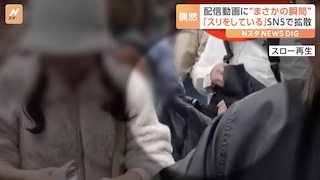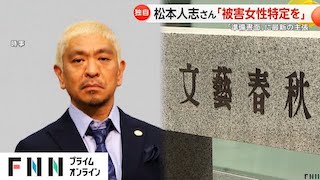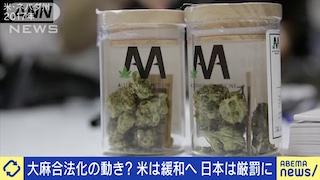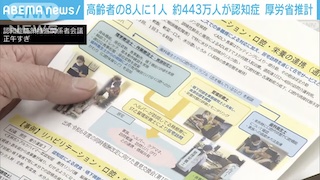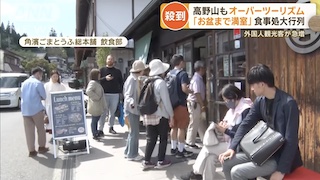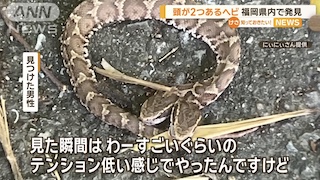May 25 (Japan Today) - Japanese medical institutions are seeing a lightening in their coronavirus caseload, health minister Katsunobu Kato said Sunday, in yet another indication the government is set to imminently lift a state of emergency over the Tokyo metro area and Hokkaido.
"The number of new infections has been falling each day and that is also the case in areas under the state of emergency," Kato said, in reference to the prefectures of Tokyo, Kanagawa, Chiba, Saitama and Hokkaido.
"The tight medical situation has become rather relaxed," he said on an NHK program.
More than 13,000 people have been discharged from hospitals or have completed treatment for COVID-19, the pneumonia-like disease caused by the coronavirus, and over 2,000 patients are currently hospitalized, according to Kato.
"About 15 percent of hospital beds (the government) secured are being used in the country, on average. The rate stands at 20 percent in Tokyo," said Kato, the minister of health, labor and welfare.
With the number of infections seemingly past a peak, Prime Minister Shinzo Abe ended the emergency over the virus in 42 of the nation's 47 prefectures.
The Tokyo metropolitan government reported just two new cases in the capital on Saturday, the lowest single-day tally since Abe declared the state of emergency last month.


